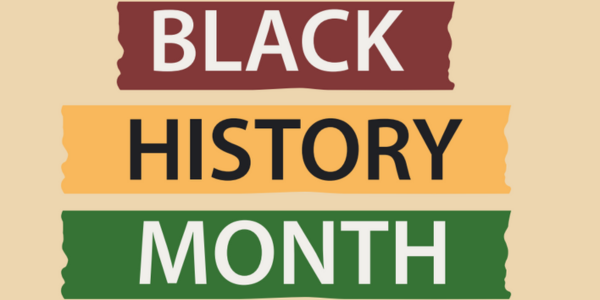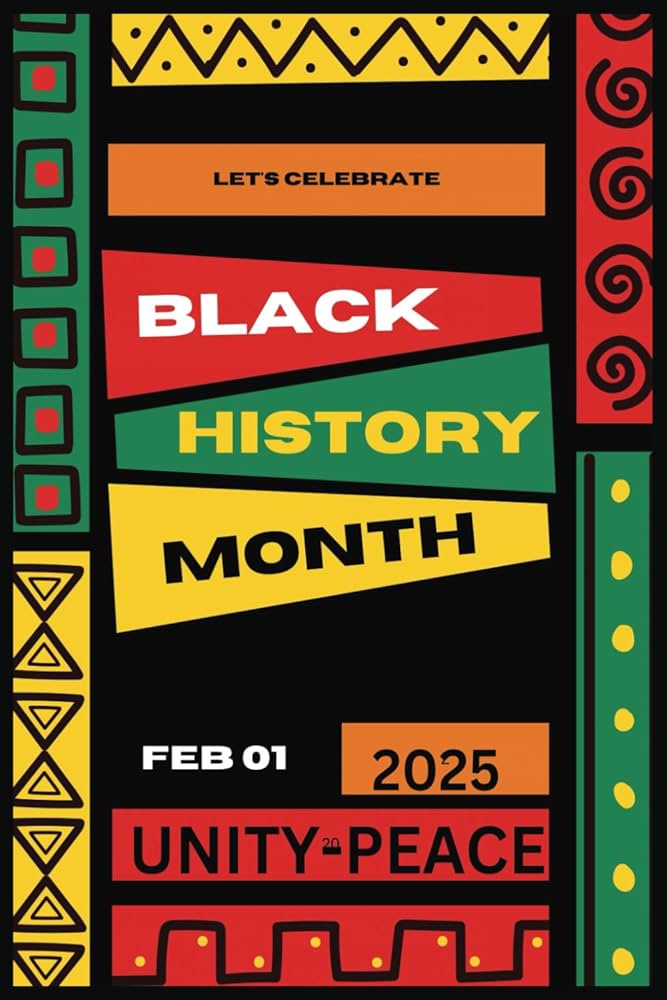
By Patricia Wideman
The story of African Americans and labor is one of resilience, strength, and an unyielding pursuit of dignity. It is a story interwoven with the broader tapestry of American history—a narrative that speaks to the heart of who we are as a nation.
They have faced substantial barriers due to systemic racism, while
playing a crucial role in organizing and advocating for better working conditions. Particularly as they fight for labor rights it became intertwined
with the broader Civil Rights movement, especially after World War 11. Notable examples include the Colored National or Union, the
Brotherhood of Sleeping Car Porters led by A. Philip Randolph, and strikes
by Black workers in industries like coal mining and sanitation work, were
instrumental in advocating for the rights of Black workers and setting the
stage for future labor rights movements.
This year’s Black History Month theme: African American and Labor we find that African Americans have played a significant role, which is often overlooked, in the history of the American labor movement.
After fighting for their freedom in the Civil War and in the country’s
transition from an agricultural based economy to an industrial one, African
Americans became sharecroppers, farm laborers, landowners, and then
wage earners. Additionally, African Americans’ contributions to the built landscape can be found in every part of the nation.
Over the years to combat the super exploitation of Black labor, wage discrepancies, and employment discrimination based on race, sex, and gender, Black professionals (teachers, nurses, musicians, and lawyers, etc.) occupations (steel workers, washerwomen, dock workers, sex workers, sports, arts and sciences, etc.) organized for better working conditions and compensation.
Black women such as Addie Wyatt also joined the ranks of union
work and leadership to advocate for job security, reproductive rights, and
wage increases.

The end of slavery did not bring justice. The post-Civil War era and
the implementation of Jim Crow laws led to the disenfranchisement of
African Americans and their exclusion from many labor opportunities.
However, even in the face of adversity, African Americans organized,
fought back, and carved out spaces for themselves in the labor movement.
The Civil Rights Movement of the 1960s was not just a social
revolution; it was also a labor revolution. Leaders like Dr. Martin Luther
King Jr. recognized that economic justice was essential to achieving true
equality. His involvement in the 1968 Memphis sanitation workers
strike—where Black workers demanded fair wages and working
conditions—was a powerful testament to the connection between labor
rights and civil rights.
During this era, we witnessed the rise of African American leadership
in labor unions, breaking barriers and demanding representation. Yet, even
as progress was made, systemic challenges persisted. The struggle for fair
wages, job security, and equitable treatment in the workplace continued to
plague African American workers.
Today, as we reflect on the legacy of African Americans in labor, we
must acknowledge that while much has been achieved, significant
challenges remain. African Americans continue to face disparities in
employment opportunities, wage gaps, and workplace discrimination. The
COVID-19 pandemic has further exposed and intensified these inequalities,
disproportionately affecting Black workers who are often overrepresented in
essential but underpaid jobs.
Moreover, the rise of automation and the economy poses new threats
to job security, particularly for marginalized communities. The fight for
workers’ rights is more relevant than ever, as we must advocate for
equitable policies that protect all workers, regardless of race.
Let’s highlight two Black leaders who strengthened both the labor and
civil rights movements by fighting discrimination in unions and building
strong coalitions for the welfare of all.
MARY MCLEOD BETHUNE (1875-1955)
Born during Reconstruction to parents who had been enslaved, Mary
McLeod Bethune grew up walking five miles to a Presbyterian mission
school where a teacher noticed her dedication and recommended her for a
college scholarship—setting Bethune on a path to change her career and
the world.
In 1904, with $1.50 and five young students, the now-legendary Mary
McLeod Bethune started a school for Black girls in Florida that became
today’s Bethune-Cookman University. Two decades later, Bethune was
elected as the first woman president of the National Association of
Teachers in Colored Schools (NATCS), later renamed the American
Teachers Association (ATA), which would eventually merge with the
National Education Association to become the union we know today.
Bethune would then be appointed director of African American Affairs
by U.S. President Franklin D. Roosevelt and later founded the National
Council of Negro Women. Throughout her life, Mary McLeod Bethune
broke through boundaries and used her platform to advocate for Black and
women workers.
CHRIS SMALLS (1988- )
Chris Smalls is a leader shaping the direction of the labor movement
today. Born in New Jersey in 1988, he felt alienated from union
establishments of the day, with his mother often forgetting she was a part
of a union herself. It wasn’t until he started organizing his coworkers at
Amazon that he saw how unions could be a vital vehicle for winning
workers rights.
Smalls started working at Amazon, optimistic about his path for
development. However, over his years as an employee, he experienced
grueling work expectations and saw institutionalized racism stop him and
others from career growth. The tipping point was Amazon’s response to the
COVID-19 pandemic, when it was clear his employers prioritized profit over
the lives and wellbeing of him and his colleagues.
In March 2020, Smalls and his colleague Derrick Palmer began
leading actions for Amazon worker rights. In April 2021, they began to call
themselves the Amazon Labor Union (ALU). Even at that time, most of the
country thought that unionizing Amazon staff was an impossible task. On
April 1, 2022, the ALU proved doubters wrong – the workforce at the
Amazon Staten Island warehouse JFK8 voted to establish a union. While
this is just the beginning for Smalls and the ALU, this success is part of a
new wave of union activism, pulling modern organizing tactics into the long
legacy of fighting for labor rights.
Small is quoted as saying “We don’t need millions of dollars. We just need the peoples’ power and the power of the community behind us.”
Our The Path Forward
How do we honor the legacy of those who came before us while actively working to create a more equitable labor landscape for future generations?
First, we must commit to education and awareness. Understanding
the historical context of African Americans in labor is essential to fostering
a more inclusive workplace. Companies and organizations must prioritize
diversity, equity, and inclusion in their hiring practices and corporate
cultures. Now is not the time to be eliminating programs that people’s blood, sweat and tears fought for.
Second, we must support policies that promote economic justice.
This includes advocating for living wages, fair labor practices, and
comprehensive benefits that support workers’ rights. We must stand in
solidarity with labor unions and organizations that are fighting for the rights
of all workers.
Third, mentorship and leadership development are crucial. We must
empower the next generation of African American leaders in labor by
providing opportunities for training, networking, and professional growth.
Encouraging young people to pursue careers in labor and related fields will
ensure that their voices are heard and represented.
Finally, we must engage in dialogue. Conversations about race,
equity, and labor must be ongoing and inclusive. We must listen to the
voices of those most affected and work collaboratively to dismantle
systemic barriers that persist in our workplaces.
The journey of African Americans in labor is a testament to the resilience of the human spirit and the enduring quest for
justice. As we move forward, let us honor the legacy of those who fought
for our rights by continuing the fight for equity in the workplace. Together,
we can forge a future where all workers, regardless of race, enjoy the
dignity, respect, and opportunities they deserve.
